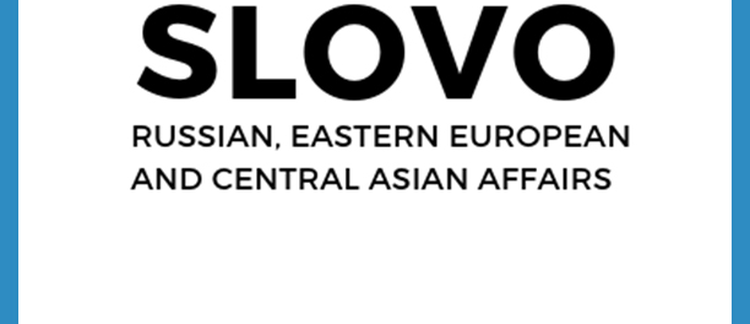Abstract
During the Second World War, the Yugoslav National Liberation Movement was one of the most successful resistance movements throughout Europe. However, it had to overcome various obstacles, while its direction was not consistent. Over the course of the first year of fascist occupation, the Partisans and the Communist Party of Yugoslavia confronted a practical dilemma, each potential solution to which might alter the course of the Liberation Movement’s struggle: popular anti-fascism or socialist revolution? According to the existing literature, the latter outweighed the former from late 1941 to mid-1942, but its catastrophic consequences and Comintern’s intervention resulted in the abandonment of this radical approach. The ‘leftist errors’, as this period is known, marked a cycle of serious defeats, setbacks, and failures for the Partisan Army, especially in Montenegro and Herzegovina. The confiscation of properties, burning of villages, and executions of existing or potential enemies were the manifestations of this policy, which aimed for the socialist transformation of Yugoslavia as part of the liberation struggle. This paper will try to investigate how the existing literature has approached this controversial topic.
Keywords: Yugoslavia, Second World War, history, socialism, Partisans
How to Cite:
Lainas, G., (2022) “Terror or Errors?: From the Socialist Narrative to the Post-Cold War Era”, Slovo 35(1). doi: https://doi.org/10.14324/111.444.0954-6839.1290
Downloads:
Download PDF
View PDF
Download PDF
View PDF
1514 Views
668 Downloads

